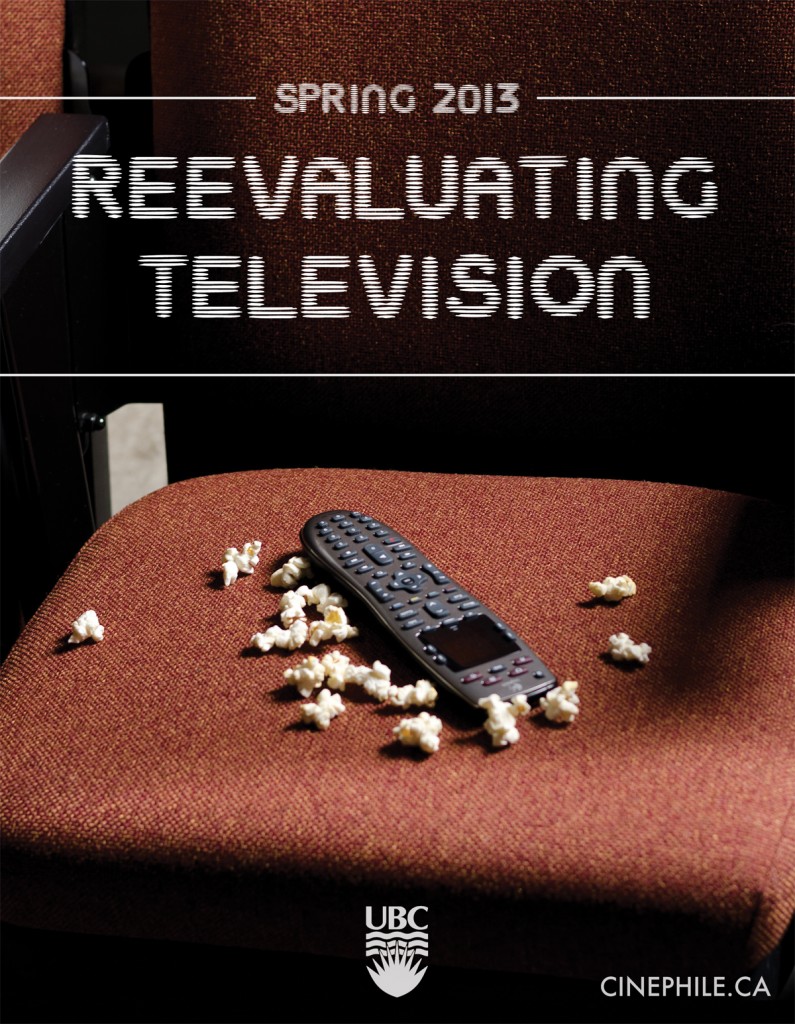
CFP – Reevaluating Television (9.1)
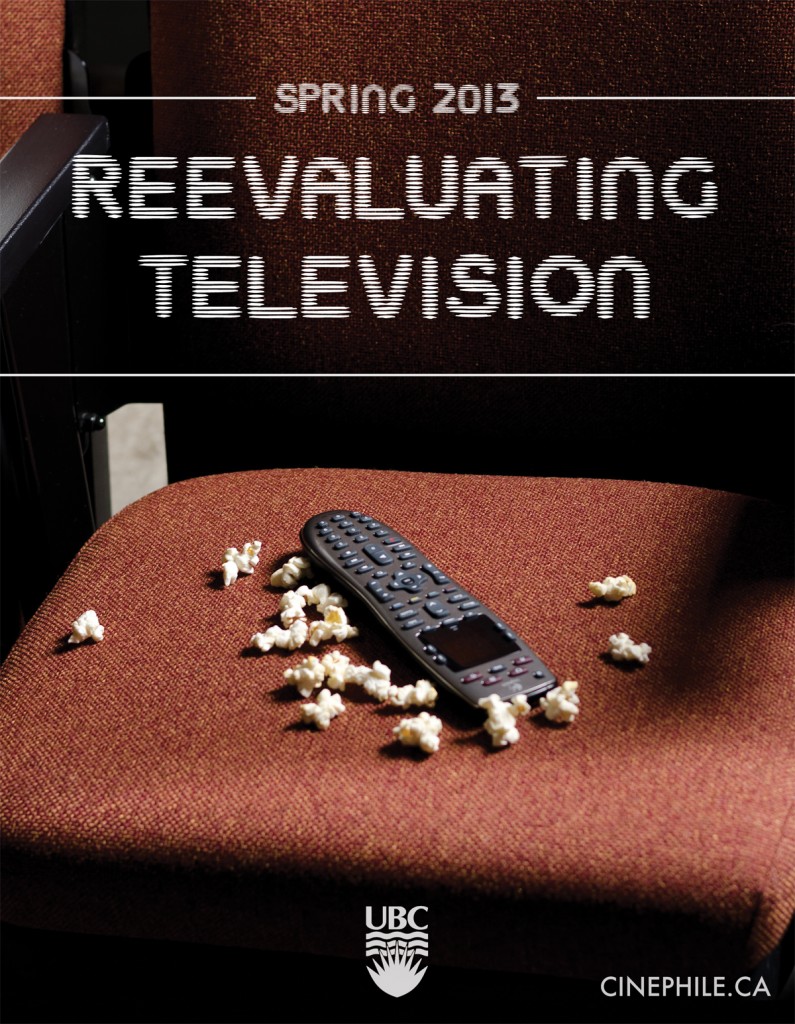
Since the early 2000s, with the onset of The Sopranos and Sex and the City, serialized television has captured the attention of viewers and scholars alike. The popularity of shows such as Six Feet Under, Lost, The Wire, Deadwood, Battlestar Galactica, Mad Men, Breaking Bad or Game of Thrones suggests that these complex shows are by no means restricted to a specific genre.
‘Puzzling’ narrative structures, intricate plotlines, engaging characters, predetermined endings and higher production costs are some of the features that most of these shows share. While these features appeal to sophisticated TV audiences, they also counter many established television norms. For example, the TV procedural, a production-line format that has been adopted by countless sitcoms and cop shows over the years while maintaining its label as the industry standard, favours so called ‘stand-alone’ or ‘case of the week episodes’ over complex multi-season story arcs and character development. Modern shows have also been praised for adopting a ‘cinematic’ style. Does this indicate that the distinctions once separating cinema from television have been blurred?
Today viewers are better able to control the method in which they access their content, leading to an increase in television ‘marathoning’. This, combined with a fan’s ability to participate in the show’s livelihood via the social media sphere, is forcing us to consider the significance of television reception more than ever before.
Our spring 2013 issue aims to ignite a discussion regarding the current state of modern serial television while paying careful consideration to the future of a medium that was once considered restrictive and subpar to film. We would like to welcome papers that explore themes such as the ‘cinema-zation’ of dramatic serial television, narrative forms in television, the complexity of modern TV protagonists, and viewer engagement.
Incoming editors: Andrea Brooks & Oliver Kroener
Incoming artist: Max Hirtz
More details here

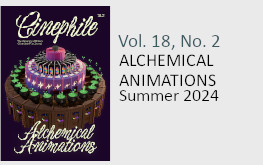
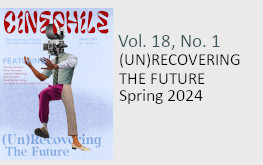
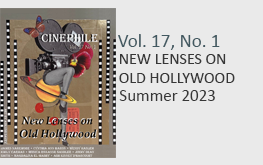
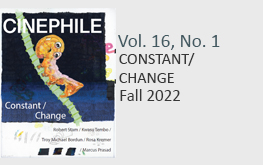
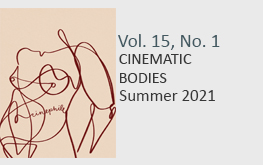
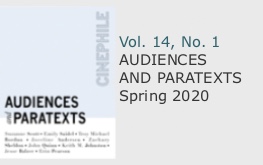
Today, Tv Fictions are better than cinema movies